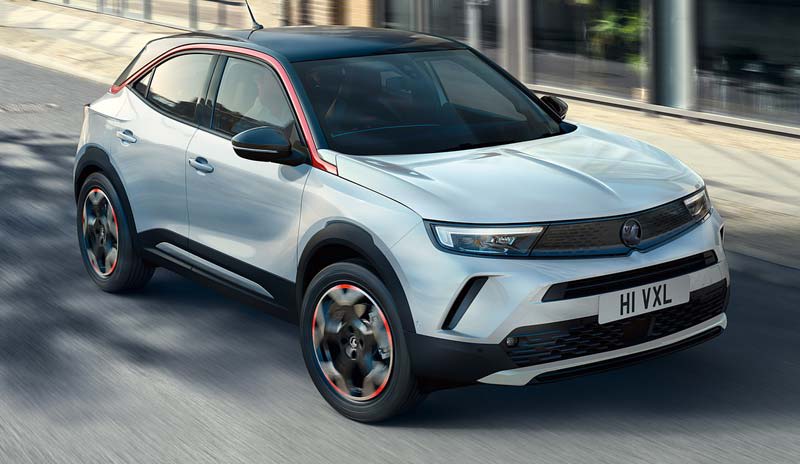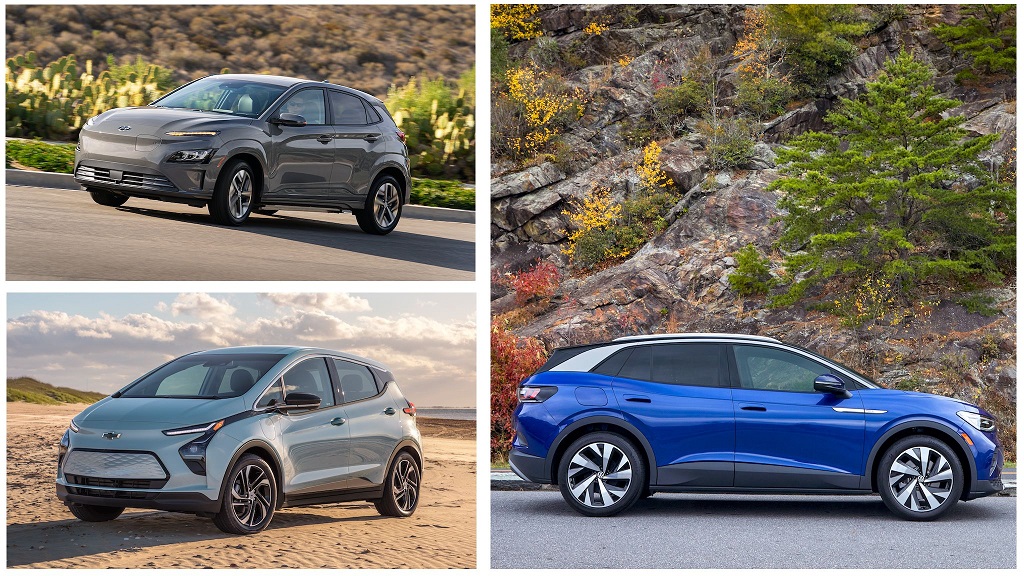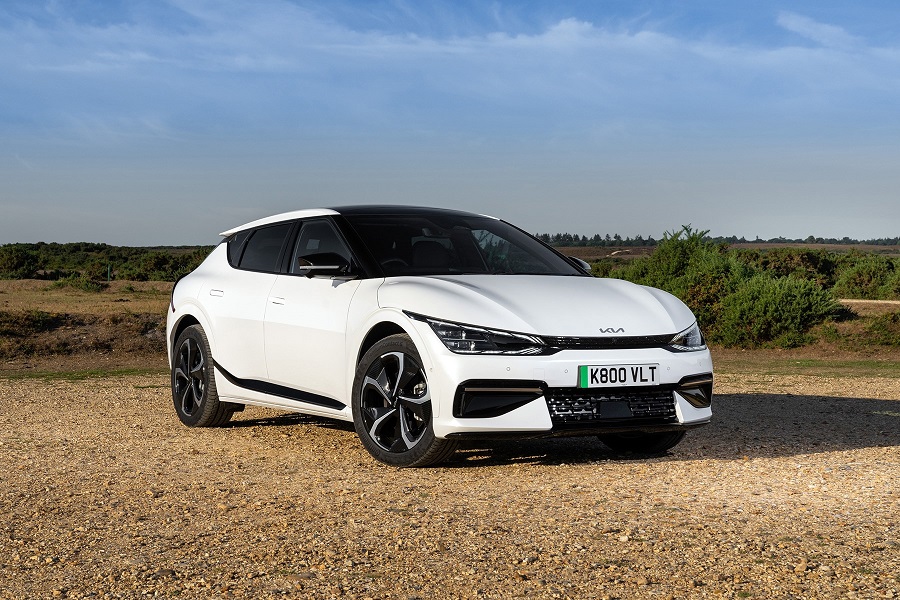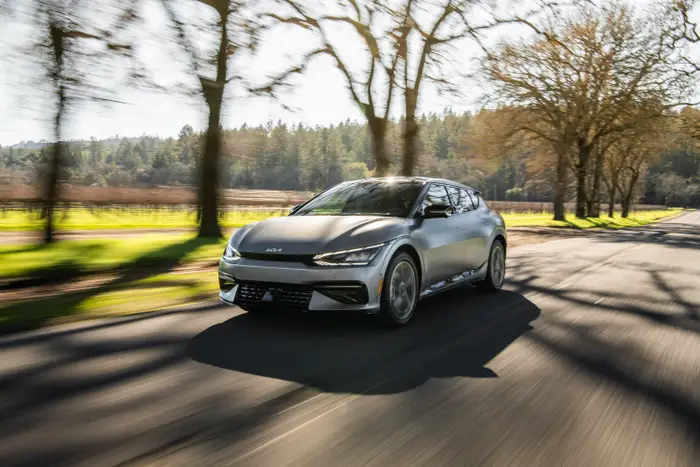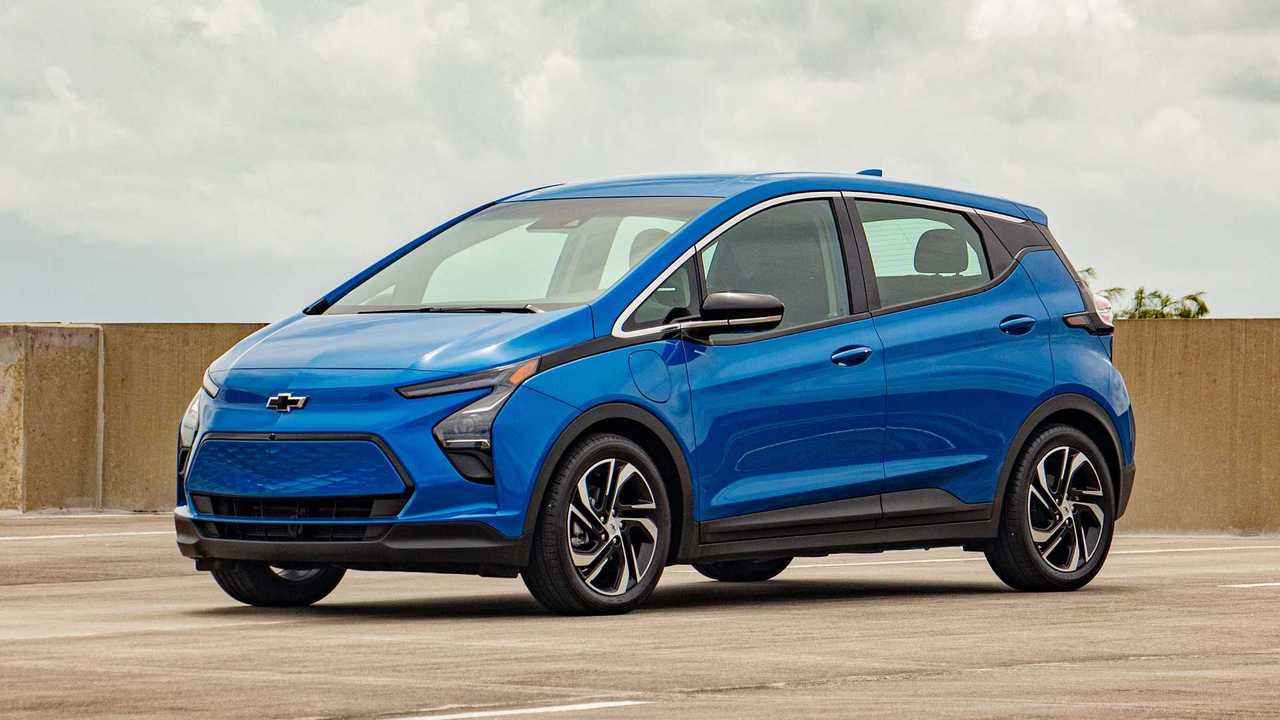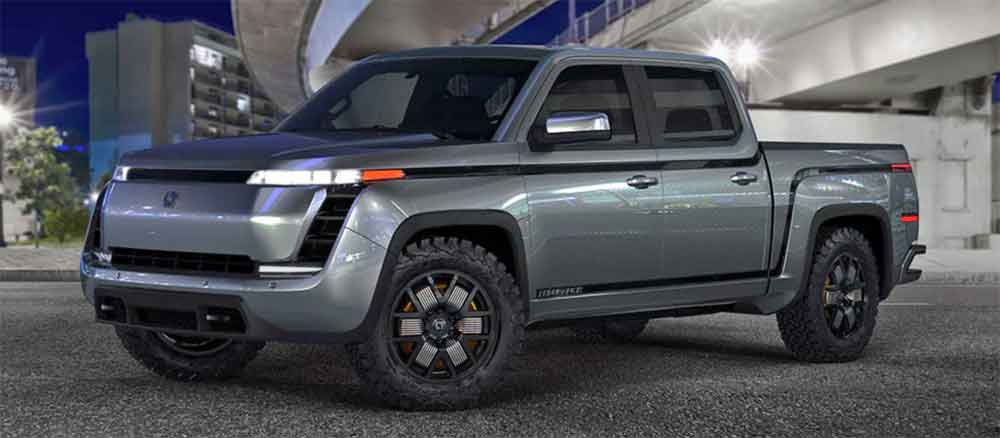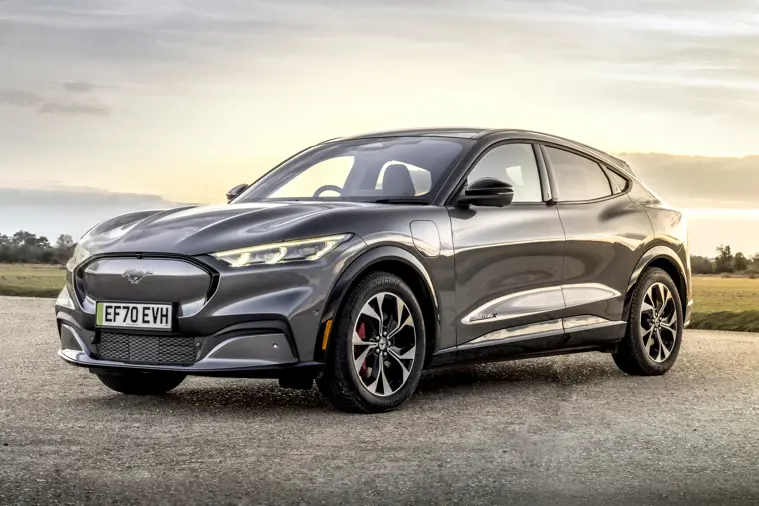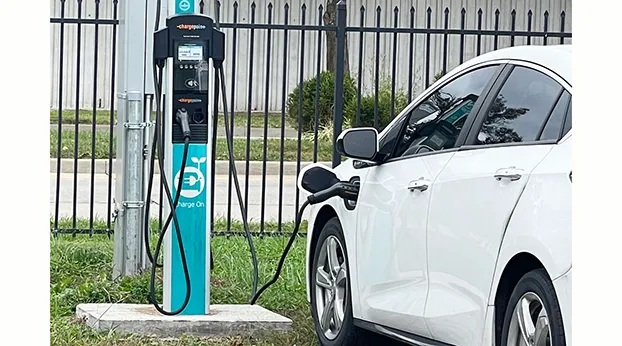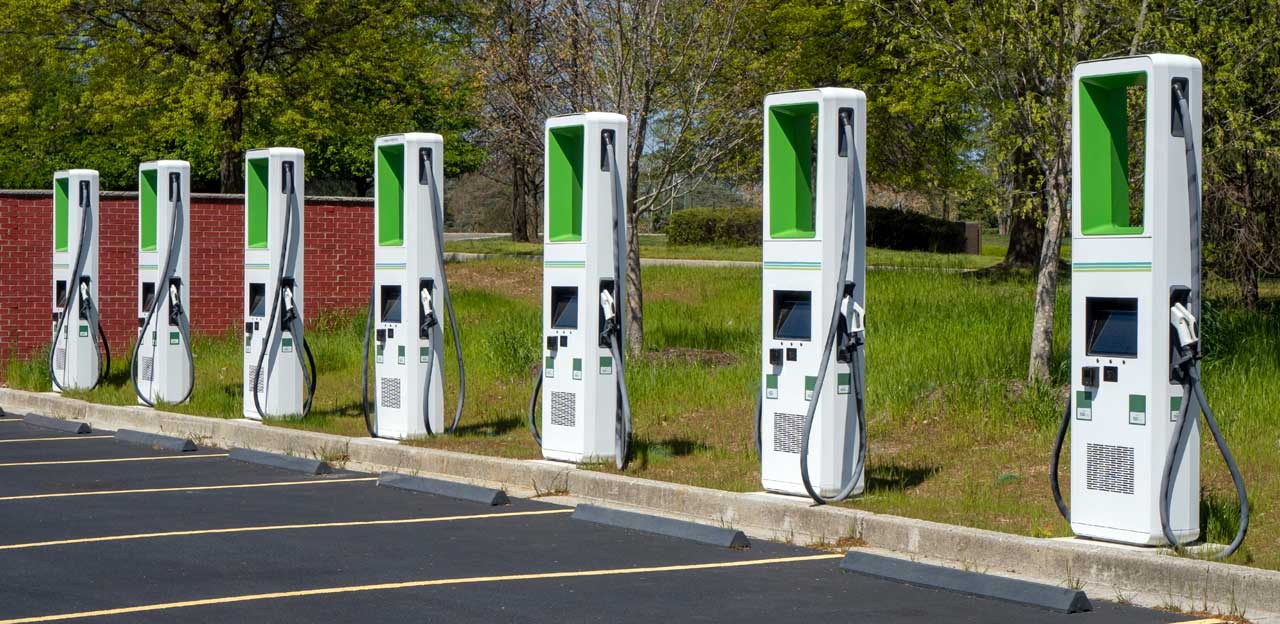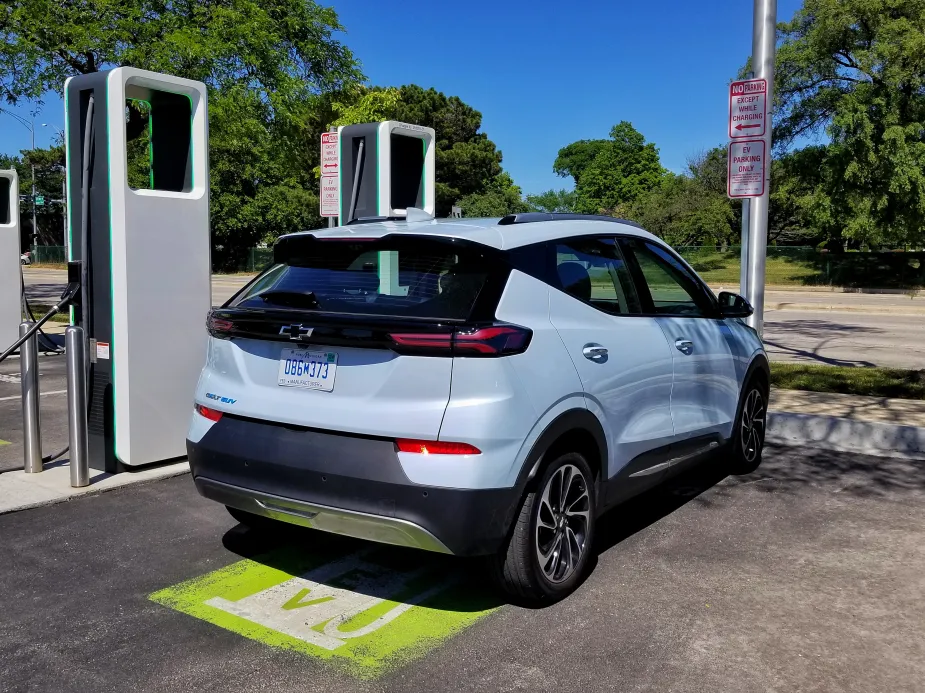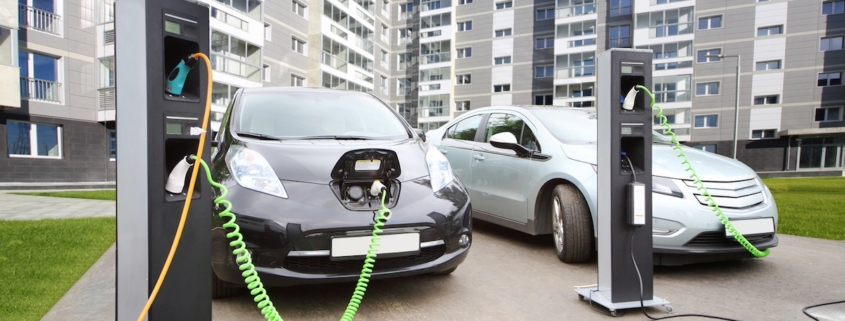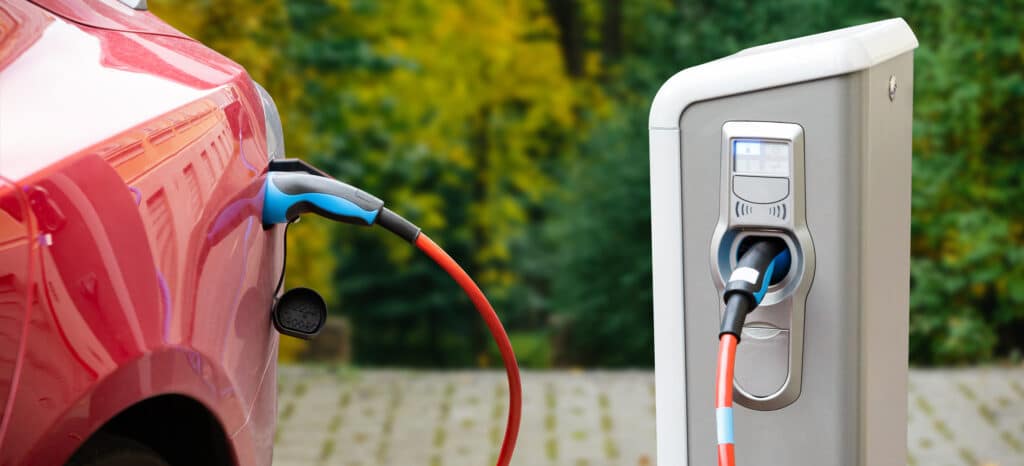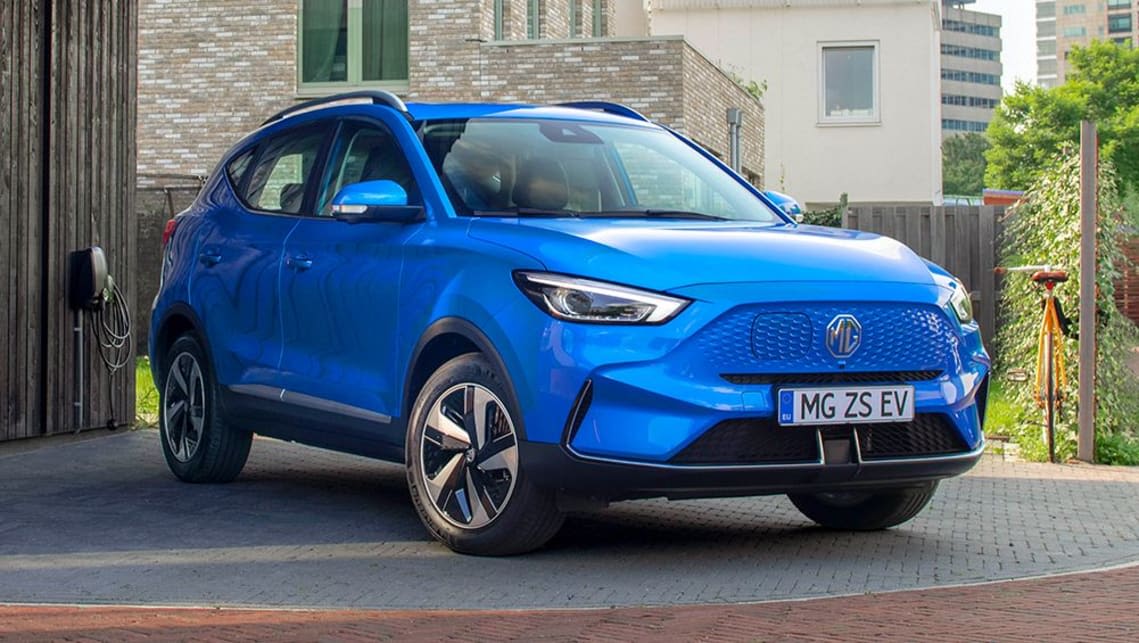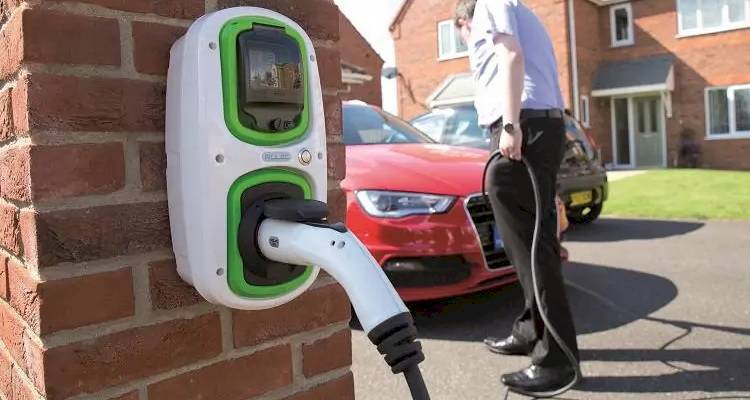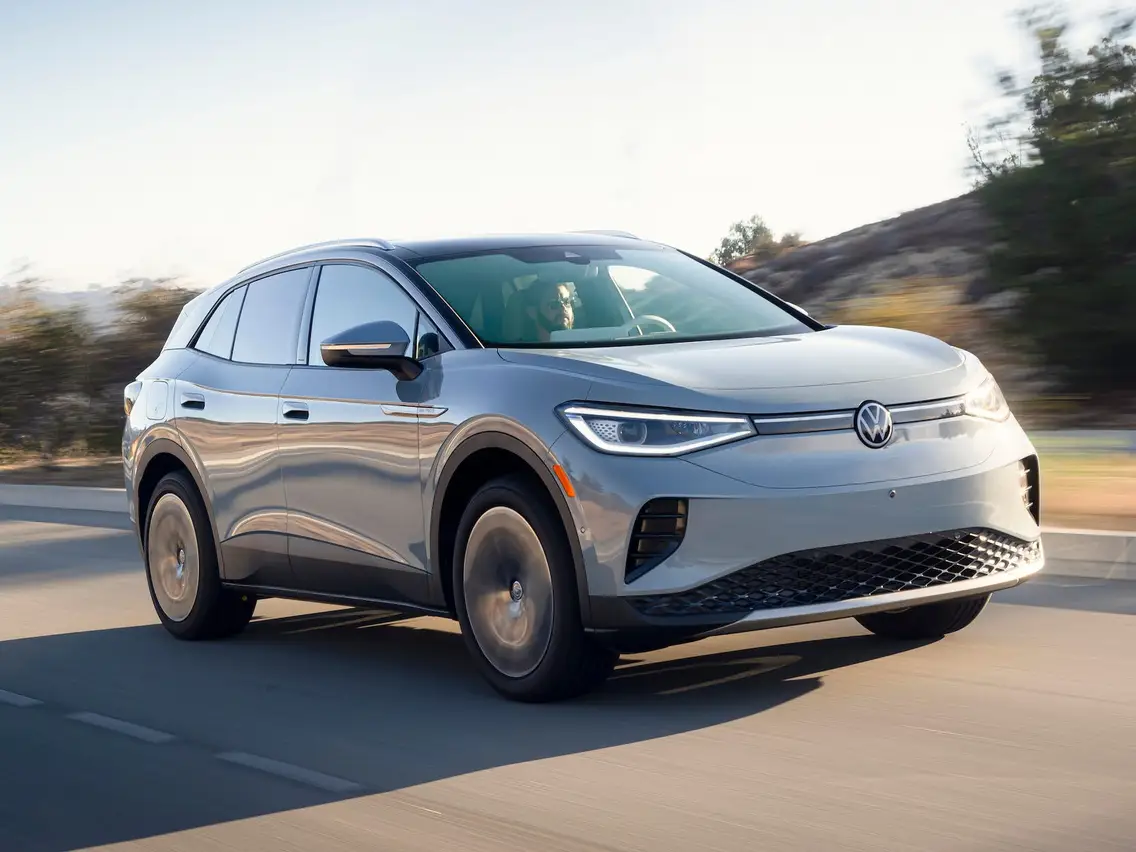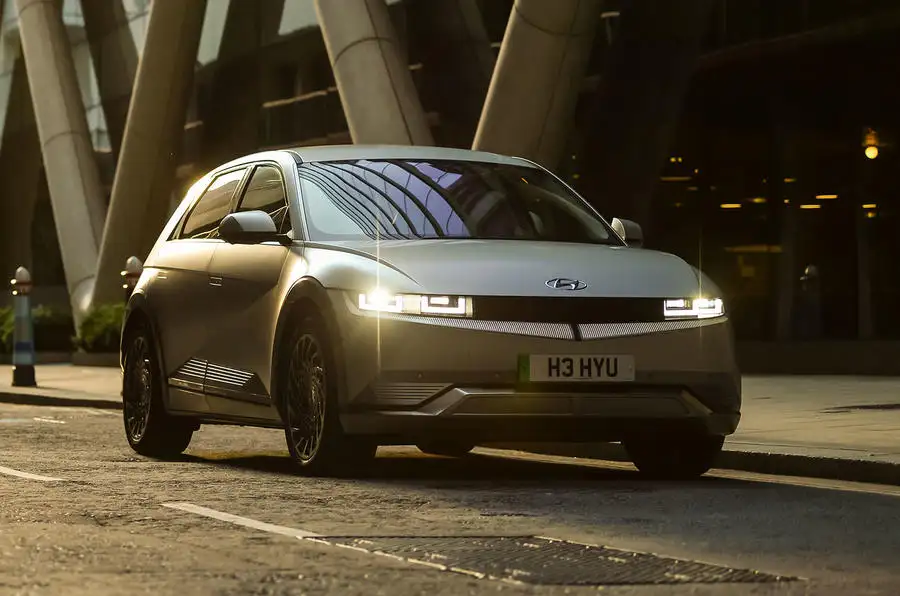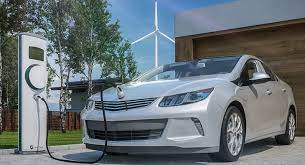In recent years, the automotive industry has witnessed a revolutionary shift towards sustainable and eco-friendly transportation solutions. One notable trend is the increasing popularity of electric cars, and what’s even more exciting is the surge of “Electric Cars Made In The USA.” Let’s delve into the world of cutting-edge American-made electric vehicles that are reshaping the future of transportation.
Exploring the Landscape of Electric Cars Made In The USA
The Rise of Electric Cars in America: As the world grapples with environmental challenges, the United States has been quick to embrace the electric vehicle (EV) revolution. The demand for Electric Cars Made In The USA has skyrocketed, driven by a combination of environmental consciousness, government incentives, and the innovative spirit of American automakers.
Why Choose Electric Cars Made In The USA:
- Innovation and Technology: American electric car manufacturers have been at the forefront of innovation, consistently pushing the boundaries of technology. From sleek designs to advanced battery technology, Electric Cars Made In The USA boast cutting-edge features that rival and often surpass their international counterparts.
- Environmental Impact: Opting for an electric vehicle is a conscious decision towards a greener future. Electric Cars Made In The USA contribute significantly to reducing carbon footprints, aligning with the global effort to combat climate change.
- Government Support: The US government has taken proactive measures to encourage the adoption of electric vehicles. Incentives, tax credits, and infrastructure development initiatives make owning and driving Electric Cars Made In The USA a compelling choice for environmentally conscious consumers.
Leading American-Made Electric Car Brands:
- Tesla: Undoubtedly, Tesla stands as a pioneer in the electric car industry. With models like the Tesla Model S, Model 3, and Model X, the company has set a benchmark for performance, range, and innovation.
- Chevrolet: The Chevrolet Bolt EV has gained acclaim for its affordability and impressive range. As a key player in the American automotive industry, Chevrolet is making strides in the electric vehicle market.
- Rivian: A rising star in the electric vehicle arena, Rivian is making waves with its R1T electric pickup truck and R1S SUV. These all-electric adventure vehicles are proudly manufactured in the USA.
- Ford: The legacy automaker Ford has embraced the electric revolution with models like the Mustang Mach-E and the all-electric Ford F-150 Lightning. These vehicles embody the perfect blend of American craftsmanship and eco-friendly technology.
The Future Outlook:
The future of Electric Cars Made In The USA looks promising. With ongoing advancements in battery technology, infrastructure development, and a growing commitment to sustainability, American automakers are set to lead the global electric vehicle market.
Read too:
Conclusion:
As we witness a paradigm shift towards electric mobility, Electric Cars Made In The USA play a pivotal role in shaping a sustainable future. By choosing American-made electric vehicles, consumers not only embrace cutting-edge technology but also contribute to a greener and more eco-friendly world.


